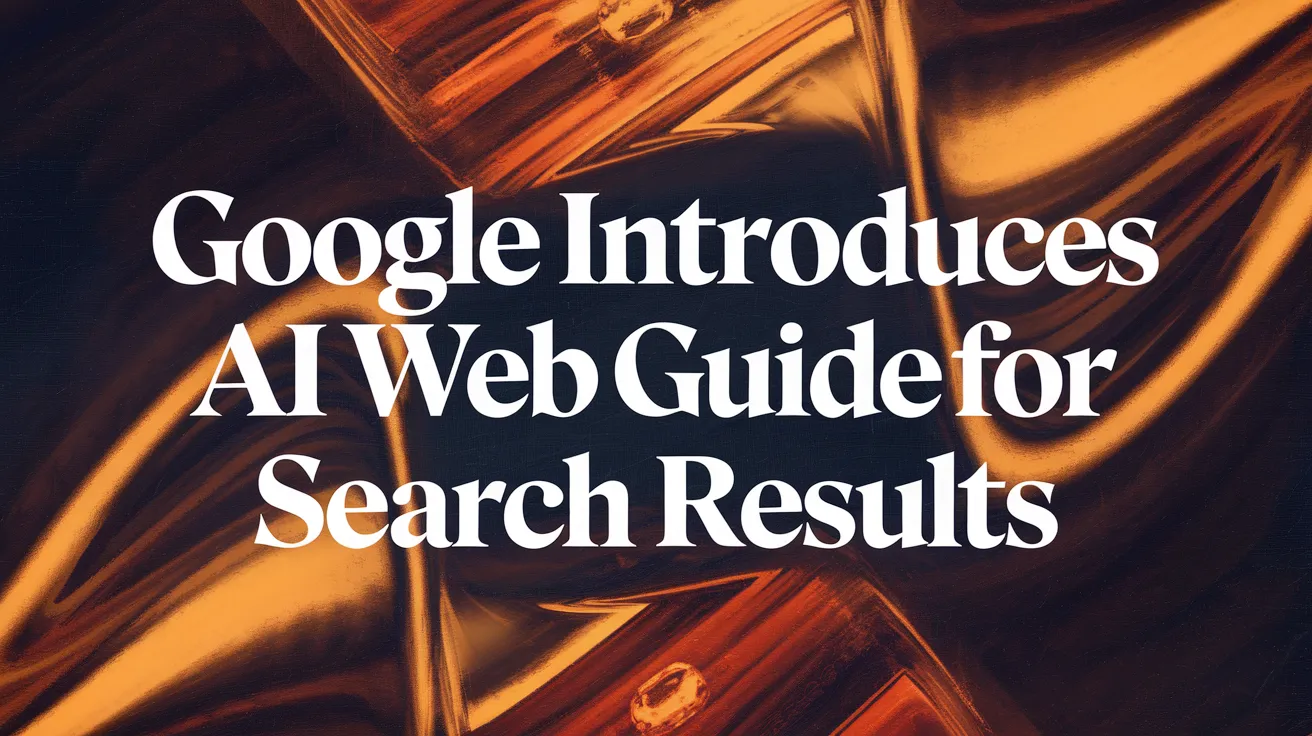Google Introduces AI Web Guide for Search Results

Google is embarking on its latest AI initiative with the introduction of Web Guide, a new method for organizing search results based on analysis from a dedicated version of its Gemini artificial intelligence tool. The announcement claims that AI will enhance the surfacing of the most relevant content, but it also raises questions about Google’s potential control over which websites receive prominent visibility in search results.
In a graphic shared alongside the blog post detailing this Search Labs experiment, Google illustrated how Web Guide organizes results for a query like “how to solo travel in Japan.” The interface displayed clusters of results categorized under several headers, such as “Comprehensive Guides for Solo Travel in Japan,” “Personal Experiences and Tips from Solo Travelers,” and “Safety and Destination Recommendations,” with an option for users to expand each section for more information. This new format seems to incorporate some AI-generated summaries at the top of each category, which, at least in the example provided, do not appear to excessively copy other publications’ texts.
Web Guide is reminiscent of Google’s previous features like AI Mode, which closely integrated AI into the search experience. The rollout of AI Mode across all U.S. users has already drawn criticism from publishers, with the News/Media Alliance labeling it as “theft.” A recent Pew Research Center report highlighted that the presence of AI summaries at the top of search results led to a decrease in user click-through rates for published content. Their survey of 900 participants revealed that users not exposed to an AI summary clicked on links 15% of the time and exited their browsing session 16% of the time. In stark contrast, only 8% of users presented with an AI summary clicked on any link, while 26% left the session without engaging further.
It remains uncertain whether Web Guide will motivate more users to visit and support sources beyond Google. Currently, it is only accessible to opted-in users within the Web tab of the search platform, with plans for broader implementation in the future. Given that Google is facing scrutiny for potential anticompetitive practices in its search business, the outcome of this latest AI feature’s implementation will be closely observed.